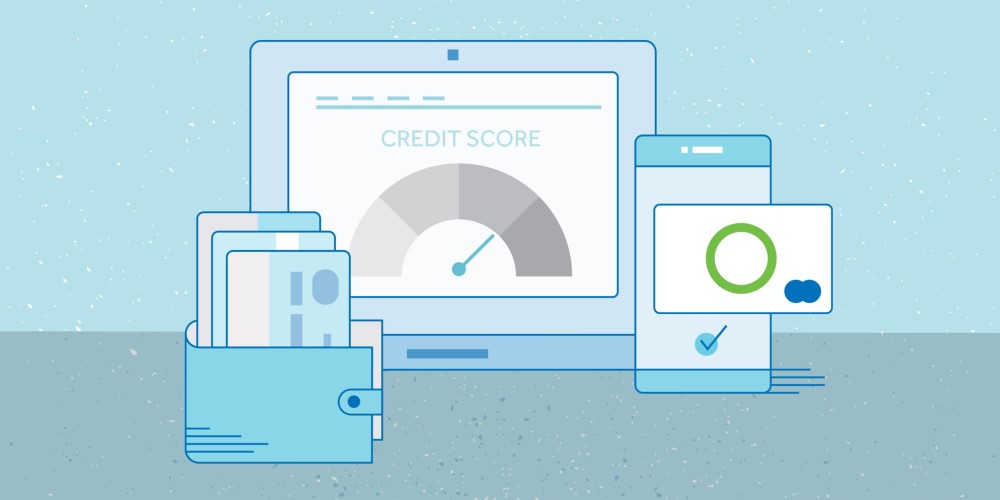Most financial institutions offer something called a balance account transfer (industry speak for transferring high-interest debt from high-interest credit cards or lines of credit onto a new credit card). It's essentially opening a new credit card account and having balances from existing credit cards (i.e. store cards) or lines of credit moved over onto a new credit card, typically, accompanied by incentives like a low interest rate.
Although you may be familiar with a balance account transfer as a promotional offer, it's an option that's generally available to you at any time — and one that can make good financial sense. Here are five questions to ask yourself before applying for or accepting a balance account transfer.
Will it help you consolidate existing high-interest debt?
One of the biggest pros of a balance account transfer is that it can help you combine balances from two or more credit cards or lines of credit onto one, making your debt easier to manage overall. If you're carrying balances on multiple cards, it can be a great alternative to using a loan or other debt consolidation solution to help you pay down what you owe.
Instead of having to remember how much you owe on each card every month (not to mention when those payments are due!), you'll only need to manage one balance, one monthly payment.
Will you save money both short and long term?
Saving yourself money in interest charges is the second biggest pro of a balance account transfer. Because they generally come with low promotional rates, there's potential for you to save a significant amount, especially if you're paying high interest rates on your line of credit or current credit cards (which can help you pay off your debt faster).
For example, if you had a credit card balance of $5,000* financed at a rate of 19.99%, you'd pay $877 in interest over a 10-month period. But, if you transferred it onto a new card with a promotional rate of $3.99% for those 10 months, you'd save over $650 in interest!
Also consider what you'll pay after the promotional period ends. Look at the rate you'd be paying on the new card post-promotion and if it's not the same or lower than what you're paying on your existing card, it may not make sense. And don't forget to add in the balance transfer fee (usually a percentage of the amount you're transferring) to your calculations.
Do the new card benefits suit you better?
Your needs (and wants) today might not be the same as they were when you first got the credit cards sitting in your wallet. Maybe a no-fee card was important to fit your university student budget, but that feature might no longer be as important as say, earning travel rewards.
If an opportunity for a balance account transfer also gives you the chance to get into a new credit card that better suits your lifestyle, it's probably worth it (considering the math mentioned above checks out).
How will it affect your credit score?
It's important to remember that taking advantage of a balance account transfer will have impacts to your credit score — some can be good, others not so much. Opening a new credit account affects your score, as does having a card with a balance above 30% of its limit.
Whether the effects are for the better (improve your score) or worse (lower your score) has a lot to do with your current credit situation (are you consistent or behind on your payments? Are you under or over your limits?) and how you'll manage it going forward. It's possible to bounce back from any hit to your score caused by a balance transfer by diligently paying down the balance on your new account.
Are your spending habits in check?
Accepting a balance account transfer may increase the temptation to spend, either on the cards or line(s) of credit with balances you cleared or on your new card if it has a high credit limit. Be careful not to let having access to more credit cause you to get off track with your spending.
Balance transfers can also be treated as a low interest borrowing option in an emergency situation or when preparing for upcoming expense. Instead of using a line of credit or being charged your standard credit card interest rate, you can take advantage of the funds transfer to your account and use these funds at a lower promotional rate.
If a balance account transfer can help you better manage your high-interest debt, save you money, offer more attractive card perks and potentially improve your credit health overall — it's likely a great option for you. And if you aren't sure, you can always speak with a financial advisor to discuss your unique situation.
Cost comparison is based on interest accumulated over a 10-month limited promotional period on a $5,000 balance/funds transfer at the promotional annual interest rate of 3.99%, plus a balance/funds transfer fee equal to 1% of the amount advanced/transferred. This comparison assumes that only a minimum payment of $10 is made in each billing cycle for the applicable credit card account over that 10-month limited promotional period and that no other transactions are posted to the credit card account during that 10-month limited promotional period.


